Server Vendors Welcome Intel Xeon E7 Processor With New Server Lineups
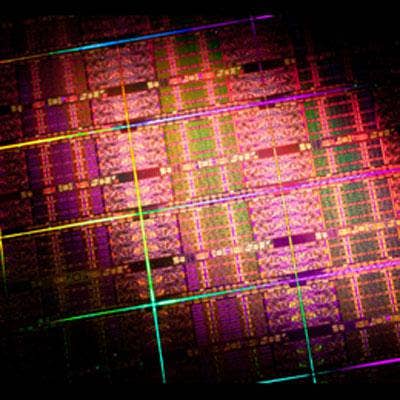
Intel's Xeon E7 Processor Powers A Host Of New Servers
On April 5, Intel launched its high-end Xeon E7 server processors, and said they offer performance of up to 40 percent greater than its previous-generation Xeon 7500-series chips.
Intel launched a total of 18 new 32-nm E7 processors featuring up to 10 hyper-threaded cores per processor. The new Xeon E7 server processors also include features aimed at improving energy-efficiency and security, as well as enhanced support for virtualization software.
Turn the page for information on new servers using the new E7 processors now coming to market.

All About Speed
Intel, as part of its release of its Xeon E7 server processor family, published a chart showing the record benchmarks set by a number of server vendors using the new processor.
Interestingly, all the major vendors can grab bragging rights from this chart, if one looks for just the right combination of hardware and software.
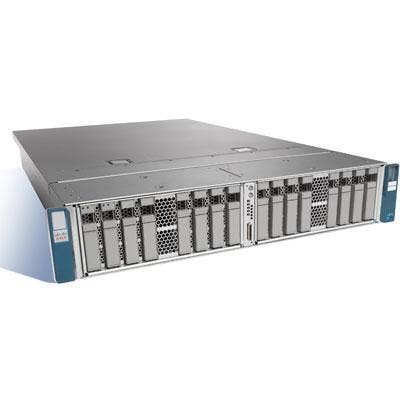
Cisco: An Update UCS Servers
Cisco used the Xeon E7 to enhance its line of blade servers that form the core of its UCS (Unified Computing System) data center architecture, which provides integrated compute, network, storage access and virtualization resources.
New from Cisco is the C260 M2 rack mount server designed for powering transaction-intensive bare metal workloads and virtualizing enterprise critical applications. It features Cisco Extended Memory Technology which doubles the memory capacity of comparable 2-socket traditional servers. The 2U rack mount server is based on the Intel Xeon E7-2800.
Cisco also unveiled new versions of its UCS B230 M2, B440 M2, and C460 M2 servers with the new Intel Xeon E7 processors.
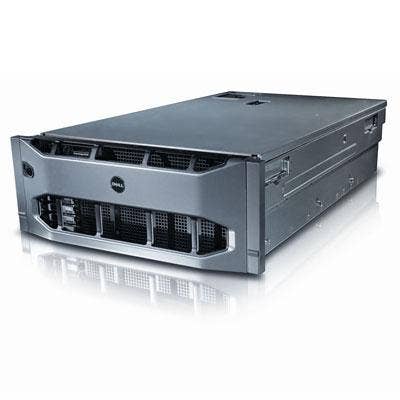
Dell: A Refresh For PowerEdge With Xeon E7
Dell wants to use the Xeon E7 processor to build x86-based servers that can target the mission critical environments currently served by RISC processor-based servers running the UNIX operating system.
To do so, it introduced three new four-socket, Xeon E7-based PowerEdge servers, including the PowerEdge R910 4U rack server with up to 64 DIMM slots, the PowerEdge M910 full-height blade server with up to 32 DIMM slots and the PowerEdge R810 rack-mount server with two or four sockets and up to 32 DIMMs.
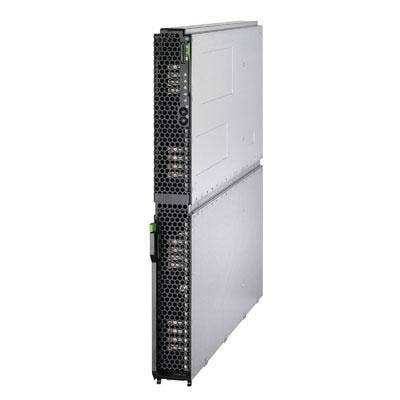
Fujitsu PRIMERGY: Ready For Prime Time
The Fujitsu PRIMERGY BX960 quad-socket blade server is targeted at highly-threaded and memory-intensive applications. This full-height blade server can be configured with up to four Intel Xeon 7500 eight-core sockets and 256 GBs of main memory using 8-GB DDR3 DIMMs. Fujitsu called it an ideal platform for dense virtual machine hosting.
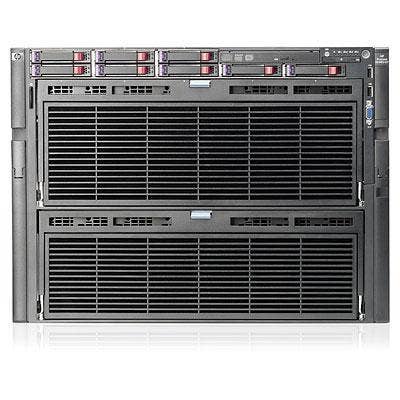
HP: Four New ProLiants
Hewlett-Packard expanded its ProLiant G7 blade servers based with four new models based on the Intel Xeon E7 family. The company said the new servers are optimized for scale-up environments, and feature a 40 percent increase in performance over the previous models.
They include the HP ProLiant BL680c G7, a blade server with four processor sockets and support for up to 2 TBs of on-board memory; the ProLiant DL590 G7, a rack mount server with supporting up to 40 cores and 80 threads along with up to 2 TBs of on-board memory; the ProLiant BL620c G7, which supports two processors and up to 1 TB of memory; and the ProLiant DL980 G7, a rack mount server with up to eight processors and 2 TBs of memory.
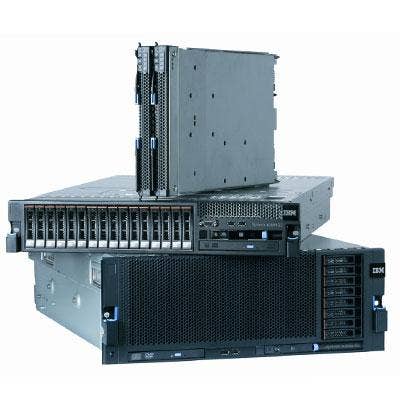
IBM: Extends The System x Portfolio
IBM used the release of Intel's E7 server to introduce several new rack mount and BladeCenter blade servers.
The three new rack mount and one new BladeCenter servers come with up to eight processor sockets, and offer double the memory capacity of their predecessors with up to 6 TBs. The new servers also feature a performance improvements of up to 40 percent, along with new 50-GB and 200-GB internal SSD storage options.
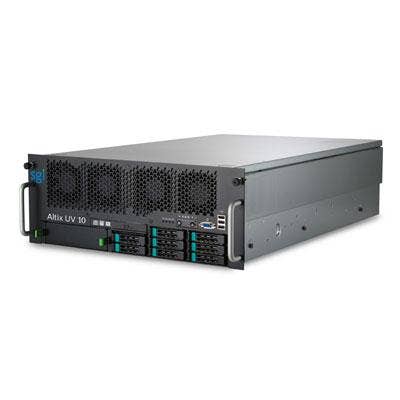
SGI: Massive Scalability
SGI is going for scalability with its new Altix UV servers which support up to 256 Intel Xeon E7 processors in a single system. The Altix UV 1000 supports up to 256 processors and 16 TBs of shared memory, the Altix UV 100 up to 96 processors and 12 TBs of memory, and the Altix UV 10 up to four sockets and 1 TB of memory. The servers run completely unmodified Novell SUSE or Red Hat Linux operating systems, and also support standard Windows Server 2008 R2.